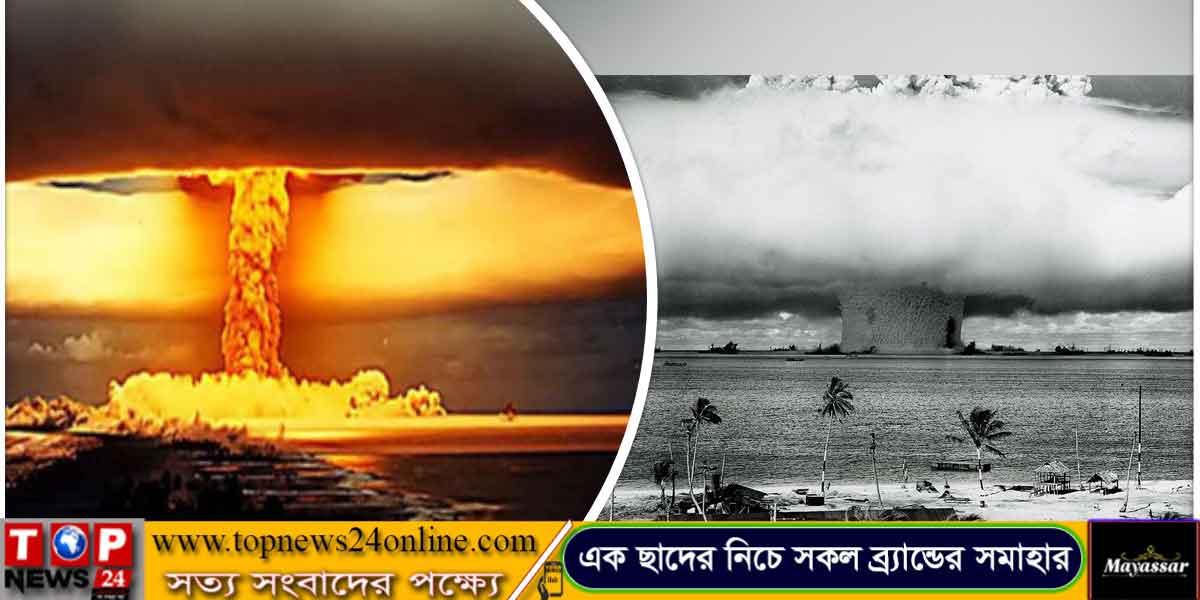Top News Desk: Today marks the observance of the International Day Against Nuclear Tests, a significant occasion shedding light on the persistent issue of nuclear testing worldwide. Nations possessing nuclear capabilities allocate substantial financial resources to bolster their arsenals, conducting tests to assess the effectiveness of advanced nuclear weaponry. However, the inadvertent consequences of these trials, namely the emission of radioactive particles, carry profound and far-reaching implications. The resultant radiation exposure is linked to heightened cancer incidence and the occurrence of birth abnormalities.
The United Nations, recognizing the imperative to promote global consciousness against nuclear weaponry, designated August 29 as the International Day Against Nuclear Tests on December 2, 2009. This commemoration serves as a platform to foster awareness and advocate for the reduction and ultimate elimination of these weapons across the international community.
In the contemporary geopolitical landscape, countries such as the United States, United Kingdom, Russia, France, China, India, Pakistan, and North Korea have publicly acknowledged their possession of nuclear armaments. Conversely, Israel has refrained from confirming its possession of such weaponry.
The historical deployment of nuclear weapons in times of conflict casts a somber shadow. The World War II bombings of Hiroshima and Nagasaki in Japan remain poignant examples. On August 6, 1945, the “Little Boy” atomic bomb was detonated over Hiroshima, followed by the “Fatman” bomb on Nagasaki three days later. These catastrophic events resulted in instantaneous loss of life for millions, with subsequent casualties mounting over time. Disturbingly, the legacy endures in the form of enduring health complications and a prevalence of birth defects among subsequent generations due to radiation exposure.
Post these harrowing incidents, nuclear tests were carried out in diverse regions for experimental and demonstrative purposes, adding to global concerns. Calls for nuclear disarmament have persisted for decades. As early as 1946, the United Nations General Assembly adopted a resolution opposing nuclear armament. Subsequent endeavors toward disarmament culminated in a 1959 international proposal advocating for the complete elimination of nuclear weaponry. In response, states committed to the Nuclear Non-Proliferation Treaty and the Treaty on the Proliferation of Nuclear Weapons initiated a comprehensive assessment of nuclear arms through an annual United Nations review program, beginning in 1975. Paradoxically, despite these efforts, nuclear-armed states maintain substantial stockpiles of these weapons, diverting significant resources toward their modernization.
Report by: Habiba Sultana



